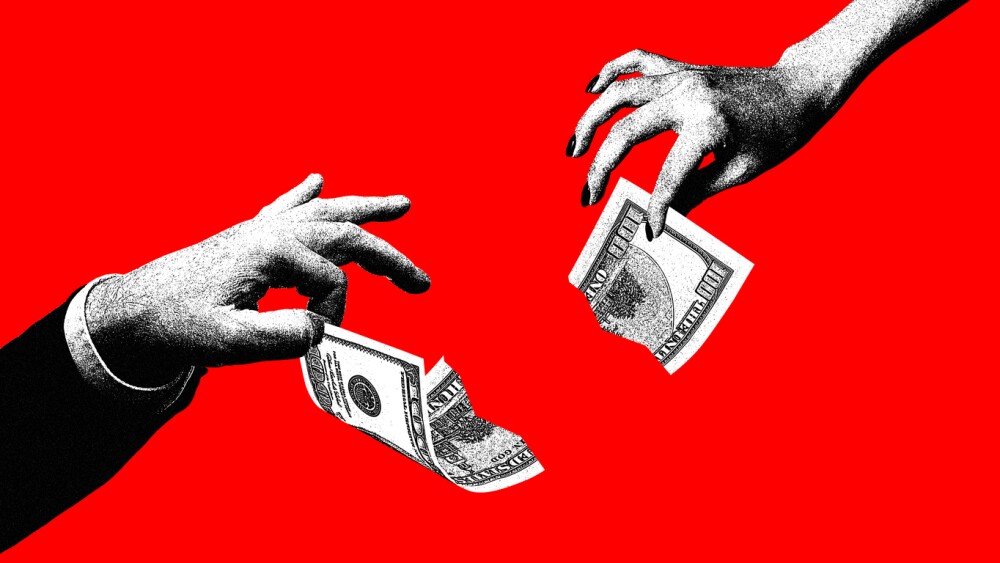Nirmal Mulye, chief executive officer of Missouri-based Nostrum Laboratories, is looking to take over Martin Shkreli’s mantle of being the poster-boy for drastic drug price increases.
Nirmal Mulye, chief executive officer of Missouri-based Nostrum Laboratories, is looking to take over Martin Shkreli’s mantle of being the poster-boy for drastic drug price increases.
In August Nostrum dramatically increased the price of its antibiotic nitrofurantoin 400 percent from $474.74 per bottle to $2,393, the Financial Times reported this week. Mulye made no bones about his reasons for the increase – to make money. In an interview with the Times, Mulye said he had a “moral requirement” to make money and “to sell the drug for the highest price.”
Nitrofurantoin has been on the market since 1953 and is used to treat bladder infections. The Financial Times noted that the medication is listed on the World Health Organization’s list of essential medicines. Nostrum’s formulation of nitrofurantoin is in a liquid form, but it also comes in a pill form made by Casper Pharma.
Nostrum Laboratories decided to raise the price of its therapy after Casper Pharma raised the price of its branded treatment, Furadantin, to $2,800. Mulye told the Times that Nostrum opted to raise the price of its own treatment while still coming in below Casper’s branded medication.
“The point here is the only other choice is the brand at the higher price. It is still a saving regardless of whether it is a big one or not,” Mulye told the Financial Times.
During his interview with the Times, Mulye also defended the now imprisoned Shkreli, who, when he helmed Turing Pharmaceuticals, raised the price of Darprim by 5,000 percent. Mulye said Shkreli can sell his product for as much money as he can, particularly since Turing was the only company selling Daraprim.
“This is a capitalist economy and if you can’t make money you can’t stay in business,” Mulye added in his interview.
All of this is in the wake of President Trump’s call for pharma companies to lower the cost of medications. Earlier this summer he took Pfizer to task on Twitter and in private phone calls for a decision to raise the price on 40 medications for a second time this year. Pfizer ultimately decided to delay those increases.
While Mulye and Nostrum have increased the price of nitrofurantoin, the company has not been actively marketing the medication. The Times noted that the company removed its version of the medication in order to reformulate it to comply with new regulations set by the U.S. Food and Drug Administration regarding impurities. Mulye also told the news organization that his company has not yet begun to re-market its liquid formulation. Mulye added as a caveat to the Times that the price of nitrofurantoin was subject to undergo another change in a response to “market conditions.”
Another company that markets a liquid version of the medication, Amneal Pharmaceuticals, has pulled its formulation from the market on a “tentative unavailable status,” the Times said. With companies like Amneal pulling their formulations, the Times said the bladder infection medication now appears on a list of drug shortages maintained by the American Society of Health-System Pharmacists.
While that pharmacist’s group lists a shortage, FDA Commissioner Scott Gottlieb said in a tweet that that does not comply with the FDA’s shortage database. Gottlieb also took Mulye to task for the 400 percent price increase.
“There’s no moral imperative to price gouge and take advantage of patients. FDA will continue to promote competition so speculators and those with no regard to public health consequences can’t take advantage of patients who need medicine,” Gottlieb said on Twitter.





